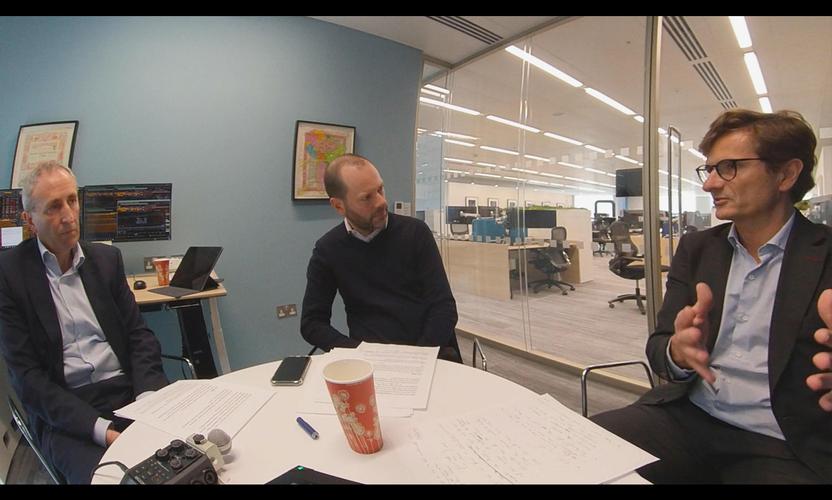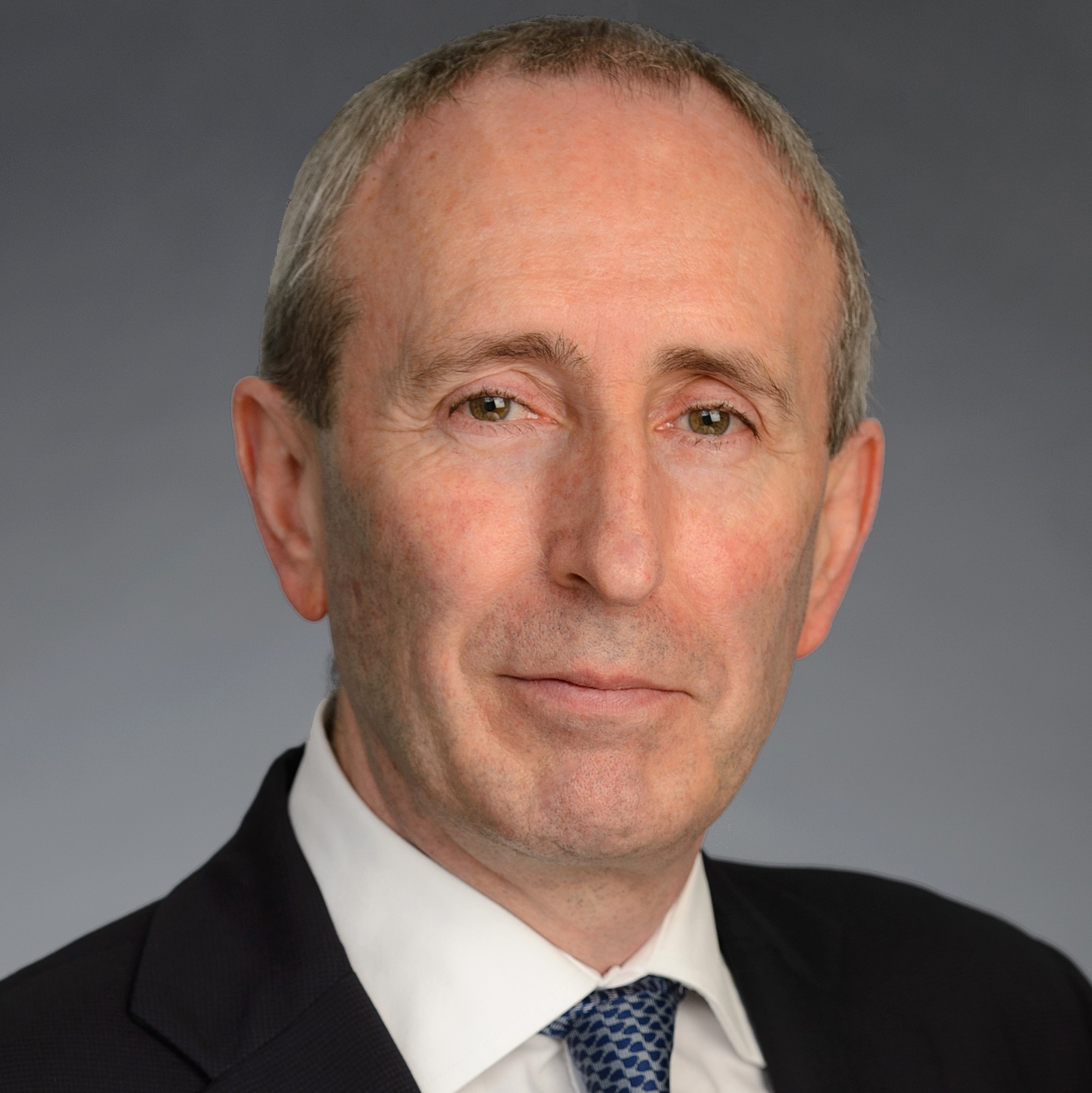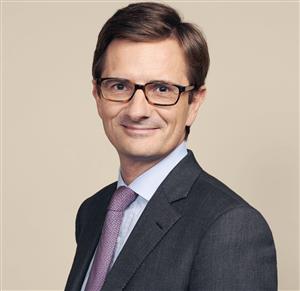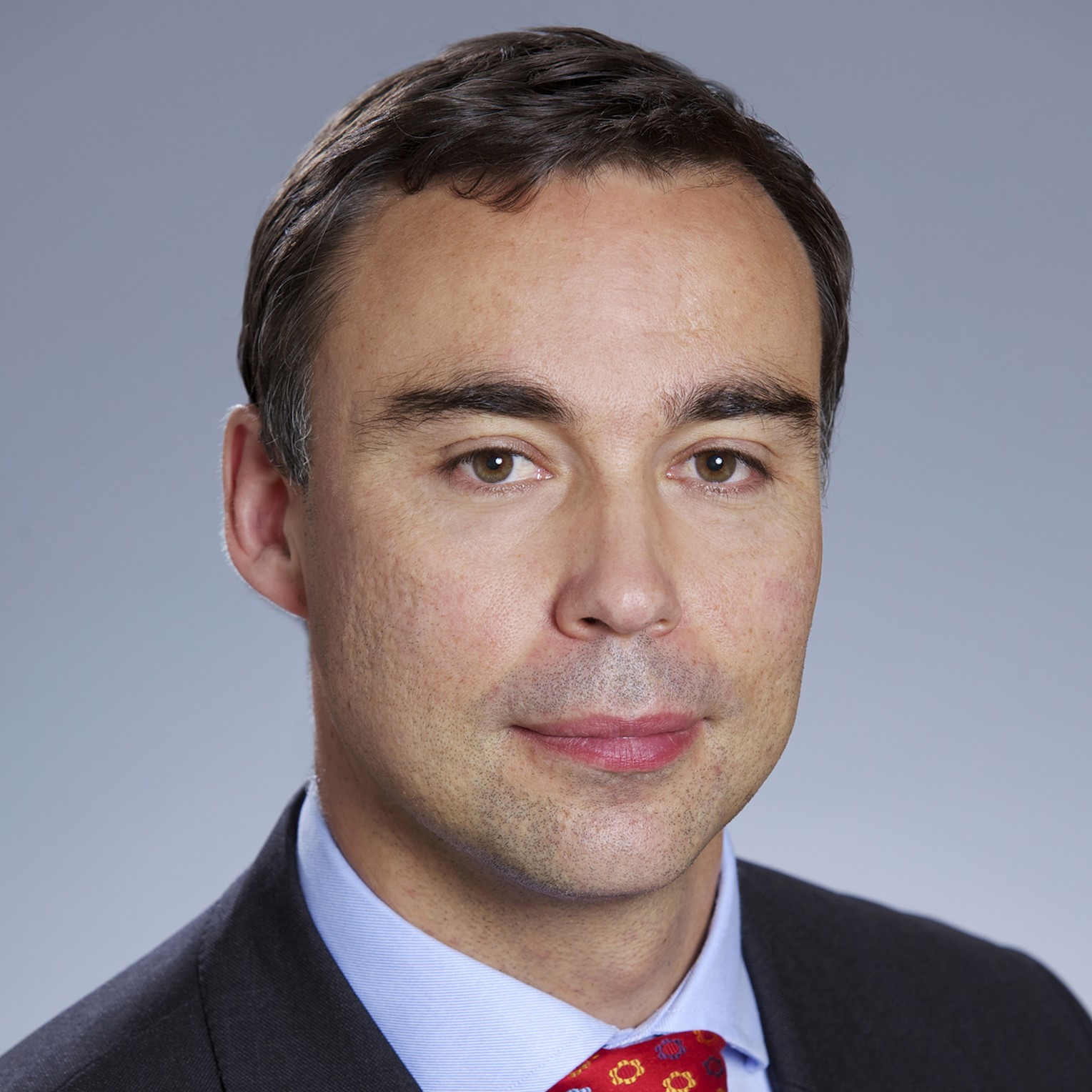Here we share highlights from their discussion.
On why volatility has persisted (Andrew)
- The speed at which we have seen events occur is a challenge in and of itself.
- The challenge for governments and for the monetary authorities has been that they're trying to get ahead of something which is changing constantly and could be more severe.
- So it looks like they're playing catch up. In reality, they've done a considerable amount of moves that have occurred very rapidly…but these take time to come into operation. It’s also creating, unfortunately, degrees of negative feedback loop around risk management and how sustainable it is for governments to spend that much money and what it means for funding.
On safe havens (Steve)
- Even the safe havens have been tested. The reason for this is that there's going to be such a burden on government finances from schemes such as the $850 billion package that the House in the US has put forward as part of the virus relief bill. That could even get to $1.2 trillion. All these fiscal measures are now going to start putting upward pressure on risk free rates. So we've seen curves steepening as result.
On comparison with past crises (Romain)
- The S&P 500 has moved 4 per cent or more for over seven consecutive days during this crisis. The last time we established a record it was in 1929 - six consecutive days. So it is really extreme, and is explained by one factor: when you are exposed to a recession, it can be either a cyclical recession or structural decline or an event-driven story; this time we're talking about an event-driven recession.
- The danger is that we are facing two different events at the same time - an oil shock and a virus outbreak. The only good news is that while the combined shock could be much more brutal, it could potentially be shorter [than other types of slowdown].
On the policy response and doing “whatever it takes” (Andrew)
- So is [the policy response] enough? it's very hard to say with any confidence that it’s enough. But it is at levels of unprecedented speed and amounts, and we are getting close to the point of almost doing “whatever it takes”. We've heard Mrs Merkel use that term already. And Andrew Bailey at the Bank of England. We are going to have this [phrase] wheeled out.
On what to watch for (Andrew)
- You've got to look at some of the signals that tell you some calm can come into markets. Just to take three of the many indicators we are monitoring:
- Liquidity: it is very challenging with widening of spreads and the small amount of on bids and offers across array of different asset classes
- Funding: the authorities have addressed that in various ways, but volatility is still quite high
- Volatility: You're looking for a break in the patterns that have suddenly become established. If we see even a degree of stabilisation through markets…then you can think that the impact of the policy changes actually has a chance to be reconsidered.
On where spreads go from here (Steve)
- That's the million-dollar question. It's very difficult to say where spreads are going to go, but we're seeing a huge amount of dislocation across all our markets. For example, the US high yield market spreads now imply an incredibly high default rate of about 9 per cent.
- The problem is that, right now, the exit door is extremely tight for money coming out of funds. Counter-parties are unwilling to warehouse risk. The prices of spread changes have been magnified, so there could be further pressure for spreads to widen in the short term.
- But you look back and see events like this, and they do throw up some real value, particularly in areas like Asia high yield, for example, where we have been reducing our hedges and portfolio shorts and thinking we are getting close to the end game.
On where investors should be allocating (Andrew)
- Some pockets of the market are getting to interesting levels. But at this stage we don’t know how long this will go on and we will be able to respond better when we know that.
- But across different sectors, there are going to be certain companies that have the ability to survive longer, that have got stronger balance sheets, or are in countries that we feel are already in a better position, that will offer some cautious safety, a bit of yield, and a relative value opportunity.
On Asia (Andrew)
- Still too early to say if Asia is through the virus. But when you look at Asia, they are getting back to activity. There is going to be real income generated within their economies.
- There is a longer-term trade that we believe in which started before the virus outbreak - moving out of the US and into Asia and China. That trade has moved quite a long way, but it’s still the right long-term opportunity even if you're still going to have to live with some very distinct volatility in the coming days and weeks.
On downgrades (Steve)
- Expectations range between $100-200bn of IG debt being downgraded. A large part of those on the cusp of being downgraded are companies in the energy sector.
- I think the ratings agencies will wait for at least Q1 numbers in April and May and I think they might be more lenient in this instance considering the effects of the virus are thought to be short-lived and given the amount of backstop put in place by governments.
- It is a huge risk but not something that will happen immediately.
On the impact on earnings (Romain)
- The world is entering into recession. We should not kid ourselves. Flat is becoming the new up.
- We know profits will likely decline this year and we cannot stick to our previous profit forecasts. Now the key issue is solvency. The most important thing for us is becoming credit analysts before financial analysts, and I've seen a great deal of cooperation between our financial and credit analysts and expect to see more over the coming months. It is critical to be sure we won’t be exposed to unexpected solvency issues.









































